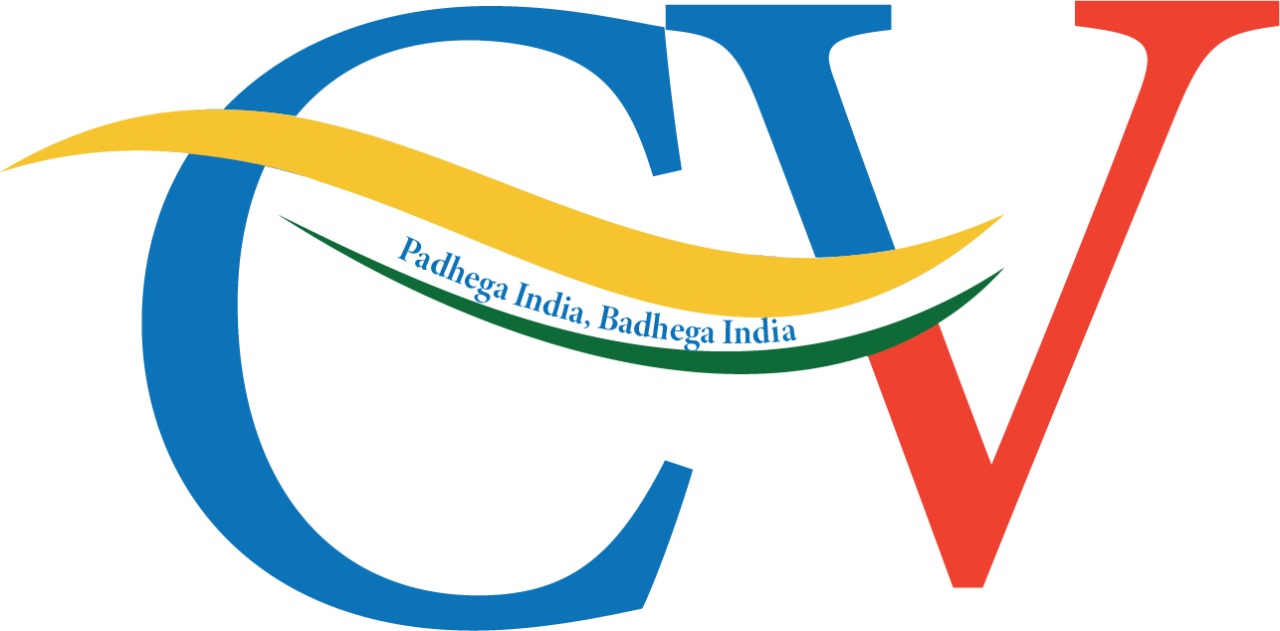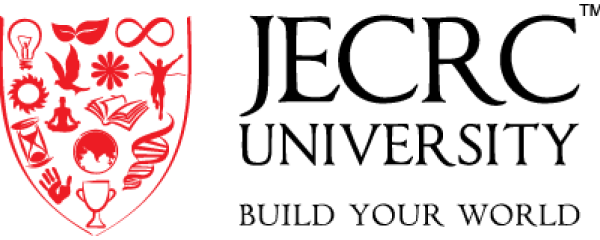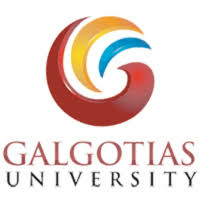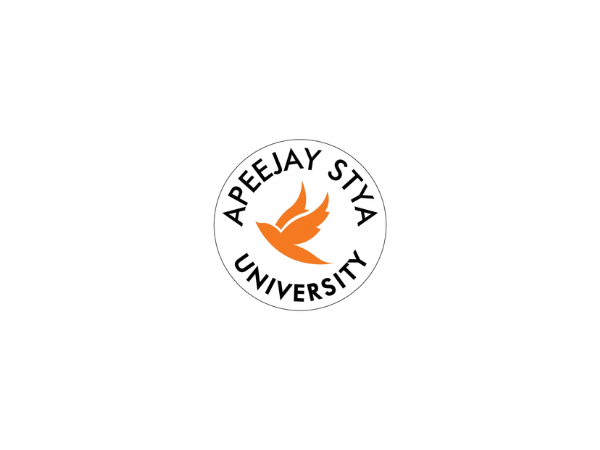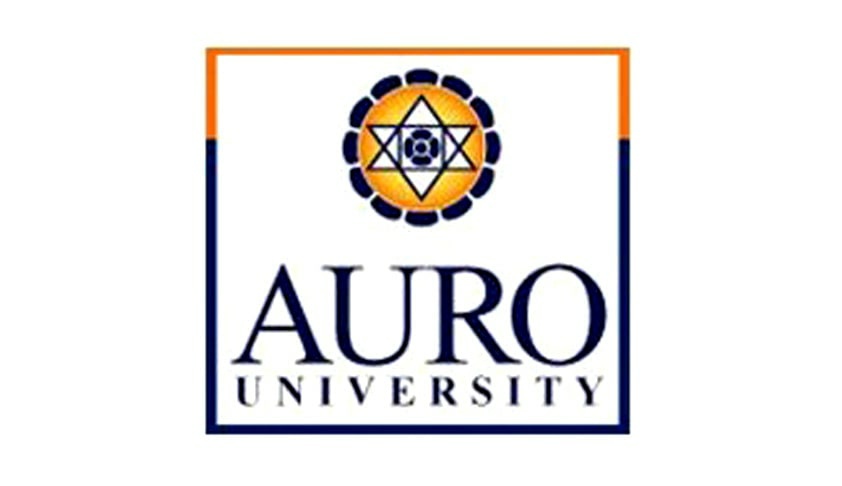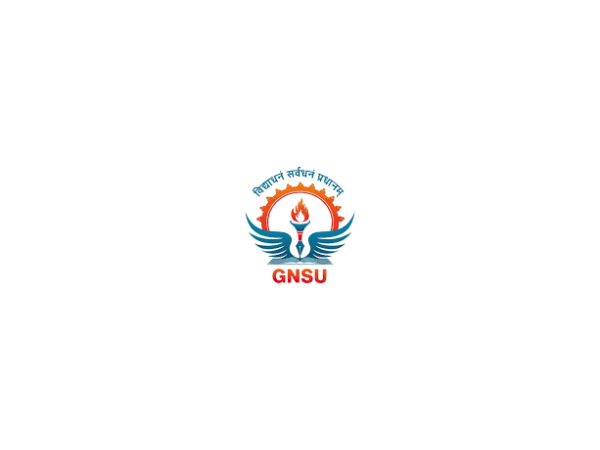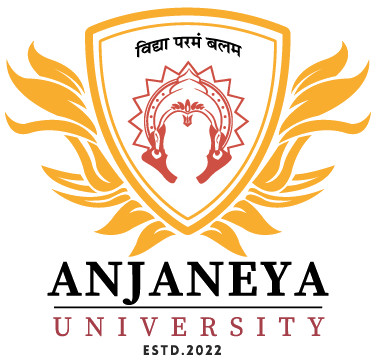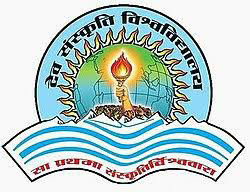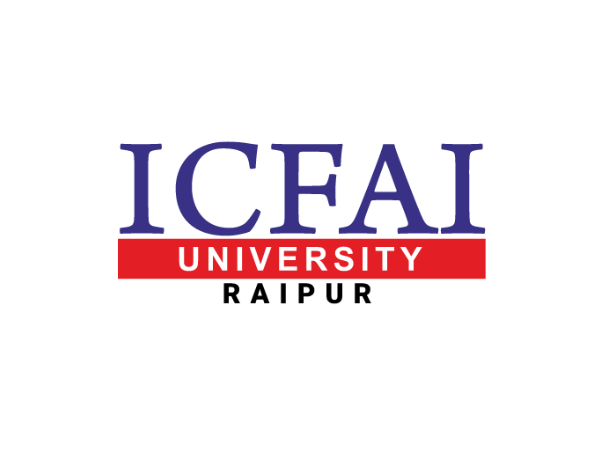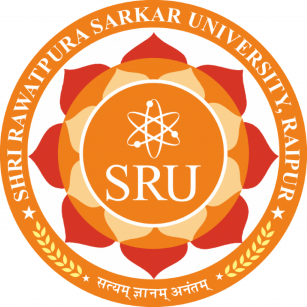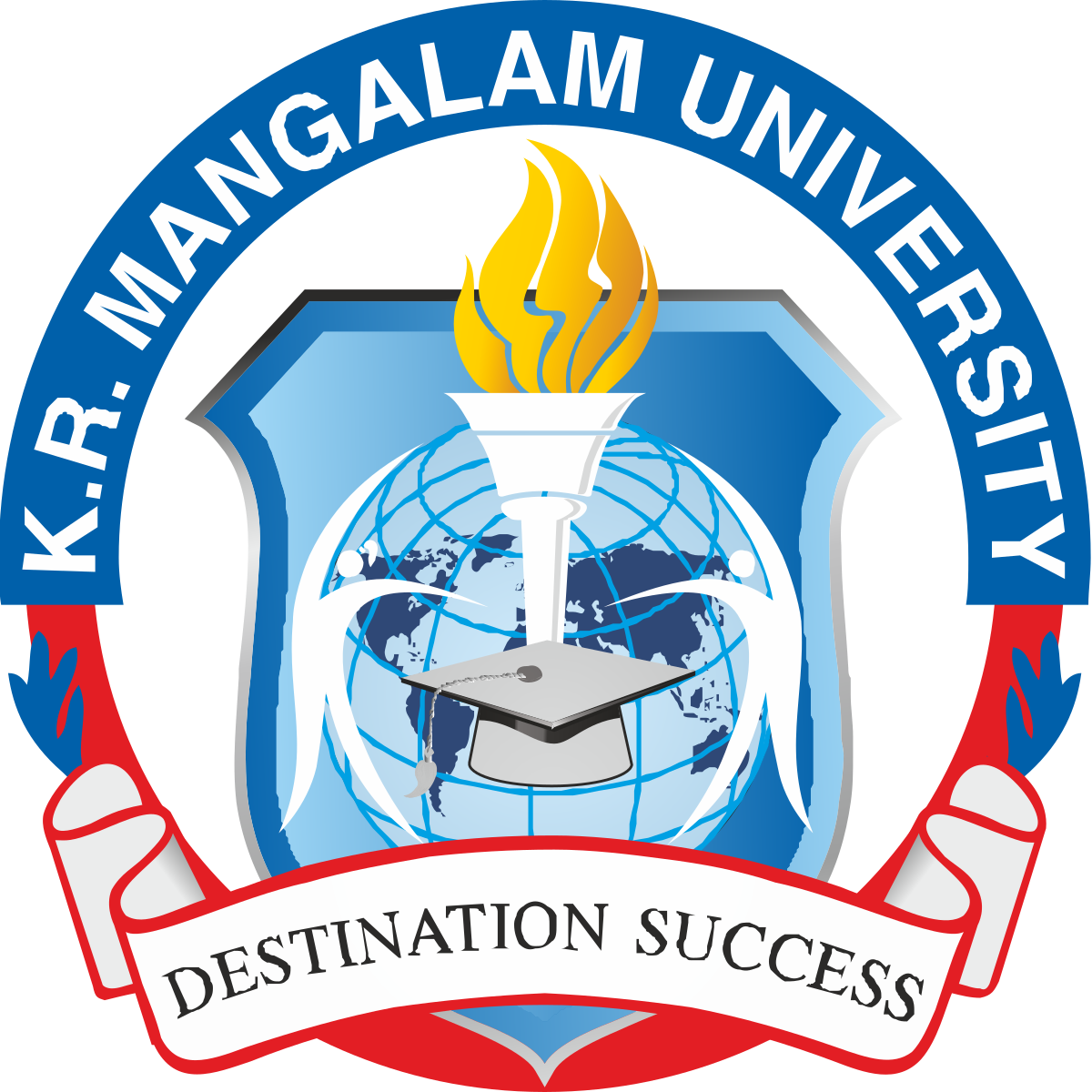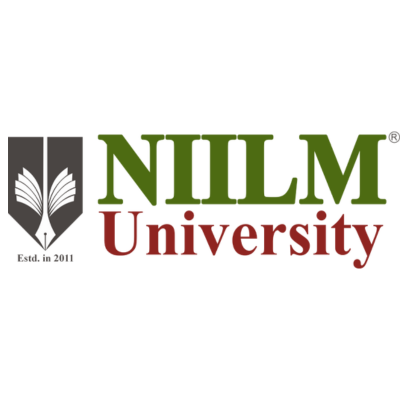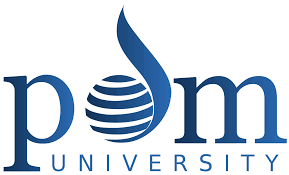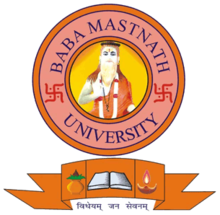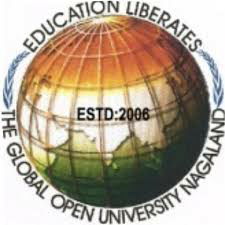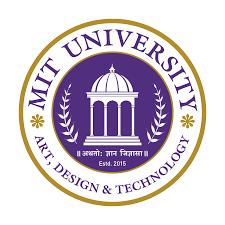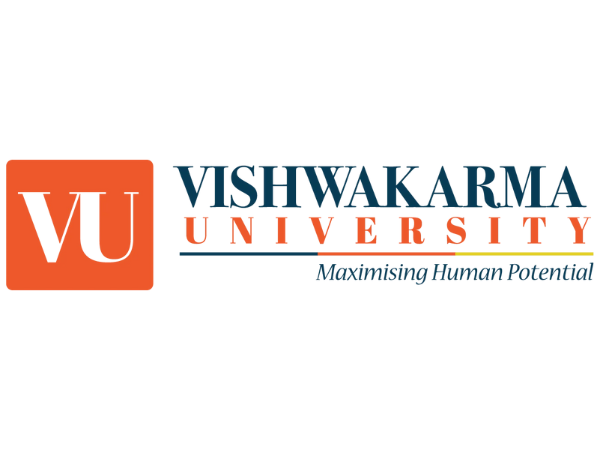Master of Arts in Journalism & Mass Communication - (M.A.J.M.C.)
Universities
36
Eligibility
Bachelor of degree
Course Introduction
Master of Arts in Journalism & Mass Communication
The Master of Arts in Journalism and Mass Communication (M.A.J.M.C) is an advanced academic program designed to equip students with the knowledge and skills necessary for a successful career in the field of media and communication. This course delves into various aspects of journalism, including print, broadcast, and digital media, as well as the broader realm of mass communication. Students will learn how to research, write, edit, and present news and information effectively to a diverse audience. The M.A.J.M.C program also explores the impact of media on society, ethics in journalism, and the evolving digital landscape. Graduates of this course are prepared to work as journalists, content creators, public relations specialists, media analysts, and communication experts in a wide range of industries. With the rapid evolution of media, this program offers a solid foundation for a dynamic and ever-changing career in the world of journalism and mass communication.
Course Overview
The M.A.J.M.C (Master of Arts in Journalism and Mass Communication) program is an exciting and comprehensive course that covers various aspects of the media and communication field. During this program, students will explore the world of journalism, including writing news articles, conducting interviews, and reporting on current events. They will also delve into mass communication, which includes understanding how media influences society and culture. The program equips students with essential skills such as research, writing, editing, and multimedia production. Additionally, students will learn about the ethical considerations and responsibilities that come with being a media professional. With the rise of digital media, this course also covers the latest trends and technologies shaping the industry. By the end of the program, students will be well-prepared for careers in journalism, broadcasting, public relations, advertising, and other communication-related fields.
Course Eligibility
To pursue a Master of Arts in Journalism and Mass Communication (M.A.J.M.C) course, typically, candidates need a bachelor's degree in any discipline. Some programs may require a background in communication or related fields. Additionally, good academic standing and English proficiency may be necessary for admission. Specific requirements can vary by institution.
Universities
Admission Process
There is an online admissions process available at Online Master of Arts in Journalism & Mass Communication, therefore there is no need to physically visit the campus to apply for admission. There is no entrance exam required to apply for admission to Master of Arts in Journalism & Mass Communication Online because admissions are made directly. The following describes the Master of Arts in Journalism & Mass Communication's admissions process for online courses:
Ask Admission QueryBrowse our diverse range of programs like MBA, BBA, MA, B.COM, Machine Learning, Python and many more...
Fill online application form with accurate.
You get your own education mentor who helps with all your questions about courses, university, colleges and fees. They're there to make things clear and easy for you.
Make your college application faster by sending your documents and paying the registeration fees.
Upon acceptance, pay fees to secure your seat and finalize enrollment
Confirm your class date, seat, enrollment number and get your gift as reward points
Course Subjects
- #Media Ethics and Law
- #Media Research and Analysis
- #Media Writing and Reporting
- #Multimedia Journalism
- #Media Management and Marketing
- #Media and Society
- #Digital Media and Social Media
- #Public Relations and Corporate Communication
- #Media Production and Editing
- #Specialized Reporting
Master of Arts in Journalism & Mass Communication's Highlights
1
Diverse Skill Development
The M.A.J.M.C program offers a well-rounded education, teaching students a wide range of skills. These include writing, reporting, digital media production, editing, and multimedia storytelling. Graduates are prepared for various roles within the media and communication industry.
2
Ethical Journalism
The course emphasizes the importance of ethical journalism, instilling in students a strong sense of responsibility and integrity. They learn to navigate the complex ethical dilemmas often faced in media professions.
3
Industry-Relevant Curriculum
The curriculum is designed to stay up-to-date with industry trends and technologies. Students gain practical knowledge of the latest tools and techniques used in journalism and mass communication.
4
Hands-On Experience
Many M.A.J.M.C programs offer opportunities for hands-on experience through internships, campus media outlets, or collaboration with industry professionals. This practical exposure is invaluable for building a strong portfolio and network.
5
Career Flexibility
Graduates of the program can pursue a wide array of career paths, from traditional journalism to digital media, public relations, advertising, and corporate communication. The versatility of the degree opens doors to diverse job opportunities.
Master of Arts in Journalism & Mass Communication's Freights
The annual program fee in India for the M.A.J.M.C course varies, with an average range of INR 50,000 to INR 3,00,000, depending on the institution providing the program.
Master of Arts in Journalism & Mass Communication's Specialization
M.A.J.M.C programs often offer specializations such as Broadcast Journalism, Print Journalism, Digital Media, Public Relations, Advertising, and Media Management. These specializations allow students to focus on specific areas of interest within the broader field of journalism and mass communication.
- #Digital Journalism
- #Broadcast Journalism
- #Public Relations and Corporate Communication
- #Media and Entertainment Management
- #International Journalism
Course Job
- #Journalist
- #Broadcast Journalist
- #Digital Content Creator
- #Public Relations Specialist
- #Corporate Communications Manager
- #Media Analyst
- #Content Editor
- #Media Educator
- #Documentary Filmmaker
- #Freelance Writer/Reporter
Course Types
Offline mode
Offline Master of Arts in Journalism and Mass Communication (M.A.J.M.C) courses typically offer full-time, on-campus programs. Students attend classes in physical classrooms, engage in laboratory work, and interact directly with professors and peers. These traditional programs provide hands-on learning experiences and face-to-face interactions, fostering a comprehensive understanding of Broadcast Journalism.
Why this Course ?
- Pursuing an M.A.J.M.C course offers a unique opportunity to develop essential skills in communication, journalism, and media, providing a solid foundation for a diverse range of rewarding careers. In a rapidly evolving digital age, this course equips students with the expertise needed to navigate and excel in the dynamic world of media and communication.
- Enhanced Communication Skills: The M.A.J.M.C program hones your writing, speaking, and multimedia communication skills. This is invaluable in any career where effective communication is key, from journalism to public relations to corporate leadership.
- Versatile Career Opportunities: This course opens doors to a wide range of career options. Whether you aspire to be a journalist, digital content creator, public relations specialist, or media analyst, the skills acquired are applicable across industries.
- Adaptation to the Digital Age: In today's digital world, the M.A.J.M.C program equips you with the latest tools and techniques in digital media production, making you highly relevant in the rapidly evolving media landscape.
- Influence and Impact: Journalism and mass communication play a crucial role in shaping public opinion and societal change. This course empowers you to have a positive impact by providing accurate and ethical information to the public.
- Lifelong Learning: The field of journalism and mass communication is ever-changing. Pursuing this course encourages a mindset of continuous learning and adaptability, allowing you to stay relevant in a dynamic industry.
Frequently Asked Questions
A 1 : The M.A.J.M.C program is a graduate-level academic course that focuses on journalism and mass communication. It equips students with skills in reporting, writing, multimedia production, and media analysis, preparing them for careers in journalism, media, public relations, and related fields.
A 2 : Career prospects for M.A.J.M.C graduates include roles in journalism, public relations, digital media, content creation, corporate communication, media management, and research, with opportunities in diverse industries such as media, marketing, and nonprofits.
A 3 : The M.A.J.M.C program can help you develop skills in writing, reporting, multimedia storytelling, digital media production, research, critical thinking, and ethical decision-making, essential for careers in journalism, media, and communication.
A 4 : The duration of the M.A.J.M.C program typically ranges from 1.5 to 2 years, depending on the university and whether it's pursued full-time or part-time.
A 5 : The ability to transfer credits from a community college to an M.A.J.M.C program varies by institution and program. Contact the specific university or college for their transfer credit policy.
